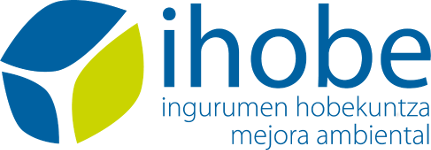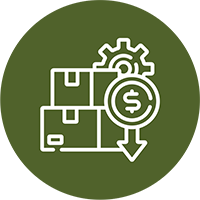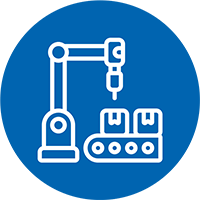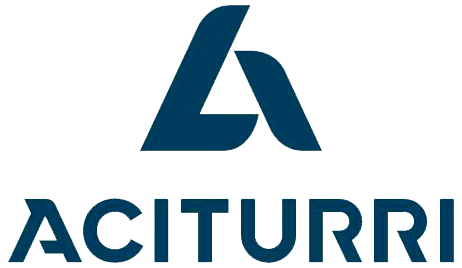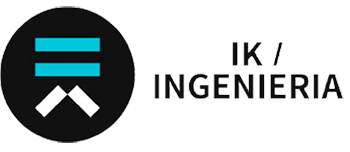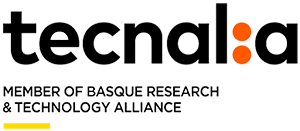ECO-START
ADDITIVE MANUFACTURING TO REDUCE THE ENVIRONMENTAL IMPACT OF MACHINED PRODUCTS
The Buy to Fly index quantifies the material waste that is converted into scrap in the form of chips when machining metal parts to obtain a final geometry. In the aerospace industry, this averages 12:1 for structural parts and up to 20:1 for engine parts, or in other words, 20 kg of starting material as a block or preform is required for every kilogram of final part. The process also requires energy consumption and machining consumables (cutting fluids and tools) that leads to this process having a high environmental impact.
ADDILAN, manufacturer of high added value and medium-large components for sectors such as aeronautics and aerospace, has led ECO-START, with the collaboration of the specialist eco-design consultancy firm, IK-INGENIERIA, the TECNALIA Technology Centre and ACITURRI, one of the leading companies in the aeronautics sector in Spain.

DRIVING FACTOR
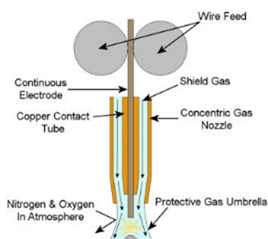
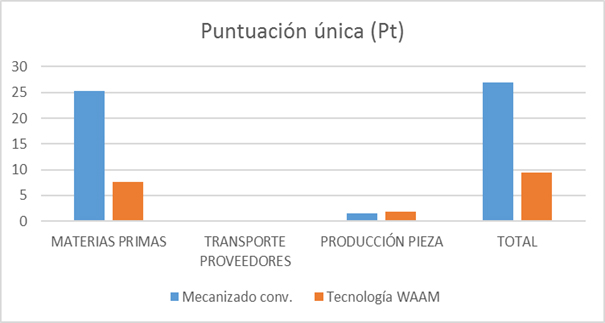
 OBJECTIVES
OBJECTIVES
- Provide an alternative to metal part manufacturing industrial sectors, by replacing the current stages of obtaining preforms (billets, castings or forgings) with their manufacture by means of additive manufacturing with a high input rate.
- Implement wire and arc additive manufacturing (WAAM) technology, which combines arc welding and wire material processes, to obtain high quality preforms with Buy to Fly ratios below 4:1.
 RESULTS
RESULTS
- The comparative Life Cycle Analysis (LCA) on a titanium alloy part shows that the use of the preform manufactured by WAAM reduces the environmental impact of the manufacturing of the part by 60%, also detecting room for improvement in critical environmental aspects of the WAAM technology in the final environmental impact.
- Development of three different alternatives by varying the geometry and manufacturing strategy, resulting in an average reduction in environmental impact of 15% compared to the original WAAM design, and 70% compared to manufacturing the part using the existing block machining process. Savings in CO2 equivalent emissions could reach 1,700 tonnes each year.
- Reduction of cost and manufacturing time by an average of 22% and 14%, respectively.
- Manufacture of a mechanically characterised prototype part: the properties of the part obtained are superior to those set by the standard for Titanium Blocks (AMS-4911) and are close to the values required for Forgings (AMS-4928).
 CONCLUSIONS
CONCLUSIONS
- ECO-START has demonstrated that WAAM technology can be an alternative to the manufacture of machined titanium components from blocks, castings and forgings, reducing environmental impact, manufacturing costs and production times, while meeting the required mechanical requirements.
- The ECO-START results have been included in a dossier added to the commercial catalogues used in the company's sales actions.
ENVIRONMENTAL
TECHNICAL
ECONOMIC
COMMERCIAL
ON THE MARKET
